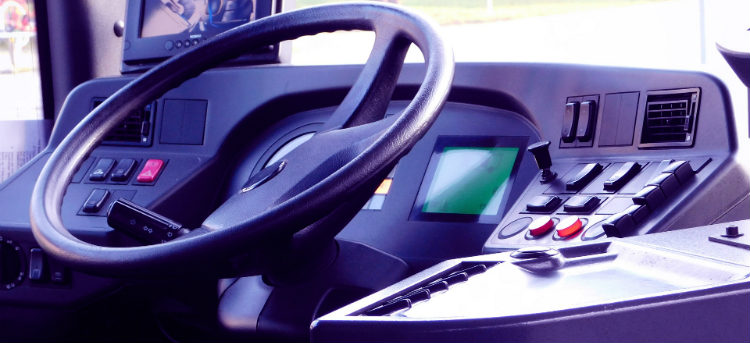Baltimore Bus Drivers File Unpaid Overtime Lawsuit
Six Baltimore bus drivers have filed suit against the Maryland Transit Administration (MTA), claiming that the state has denied them overtime pay since at least October 2015. Initially filed in Baltimore City Circuit Court, the collective action says it could represent up to 200 current bus drivers. If successful, the case would end in enormous damages.
Maryland Municipal Drivers Sue For Overtime
At bottom, this is likely to be a contract dispute. An attorney for the six bus drivers, who are all seeking over $75,000 in back wages, says that a collective bargaining agreement brokered by the Amalgamated Transit Union only obligates the MTA to pay drivers “straight time” wages when they work more than 40 hours in a week, the Baltimore Sun reports.

Federal and state law, on the other hand, require that the vast majority of workers be paid overtime wages for any hours worked over 40 in a single week. “You can’t contract around federal law, or state law for that matter,” says James M. Ray II, an attorney representing the drivers. “The [Fair Labor Standards Act] is pretty clear on what it requires.”
The Fair Labor Standards Act, or FLSA, is the national federal law on overtime. It provides that the vast majority of American workers are entitled to time-and-a-half for their extra hours. In most cases, workers are entitled to a premium cash wage for all hours worked beyond 40 in a given week. These overtime wages must be calculated on a weekly basis.
Lawsuits Against Municipalities
This is one of many lawsuits filed against municipalities across the nation for allegedly unpaid overtime wages. Every year, hundreds, if not thousands, of fire officials, emergency responders, police officers, bus drivers and subway workers file suit against their employers, accusing them of systemic wage violations and unpaid back wages.
It can be difficult to file a lawsuit against the government, because governments, even city governments, in America enjoy a certain level of legal immunity. These cases require experienced legal counsel. Rigorous deadlines must be met. To learn more about filing a case, reach out to our experienced wage and hour attorneys today for a free consultation.
Filing Suit Under The Fair Labor Standards Act
Wage violations are shockingly common in America. Through deceptive employee misclassification and jerry-rigged hours schemes, business owners across the country the nation try to save themselves cash – while taking hard-earned money from the pockets of workers. Municipal governments are no different, but employers and cities that violate the law to steal from their workers can be held accountable.
Legal action is possible. The Fair Labor Standards Act guarantees most American workers a fair wage for their work. You are entitled to at least the minimum wage and overtime pay for your extra hours. Overtime must be paid at time-and-a-half for all hours worked over 40 in a week. Unfortunately, thousands of workers lose out on their hard-earned pay to overtime and minimum wage violations every day.
When your rights have been violated, the Fair Labor Standards Act allows you to fight back. Under the law, workers are allowed to file civil lawsuits against their employers, demanding compensation and fair back wages. Some employees may even be eligible to secure “liquidated damages,” which amounts to double the back wages you are owed.
Banding Together For Justice
Employers who break provisions in the FLSA can be held accountable, but in most cases, it’s up to individual employees to fight back. While state and federal labor authorities can and do bring their own lawsuits against employers who violate the law, these officials are unable to tackle the vast majority of illegal wage violation cases around the country. That’s why the Fair Labor Standards Act puts the power into your hands.
Employees can also band together, as the Baltimore bus drivers have, to pursue a collective action, which is similar to a class action. In Baltimore, the bus drivers seek to represent the best interests of at least 200 other workers. You don’t have to go this alone.

